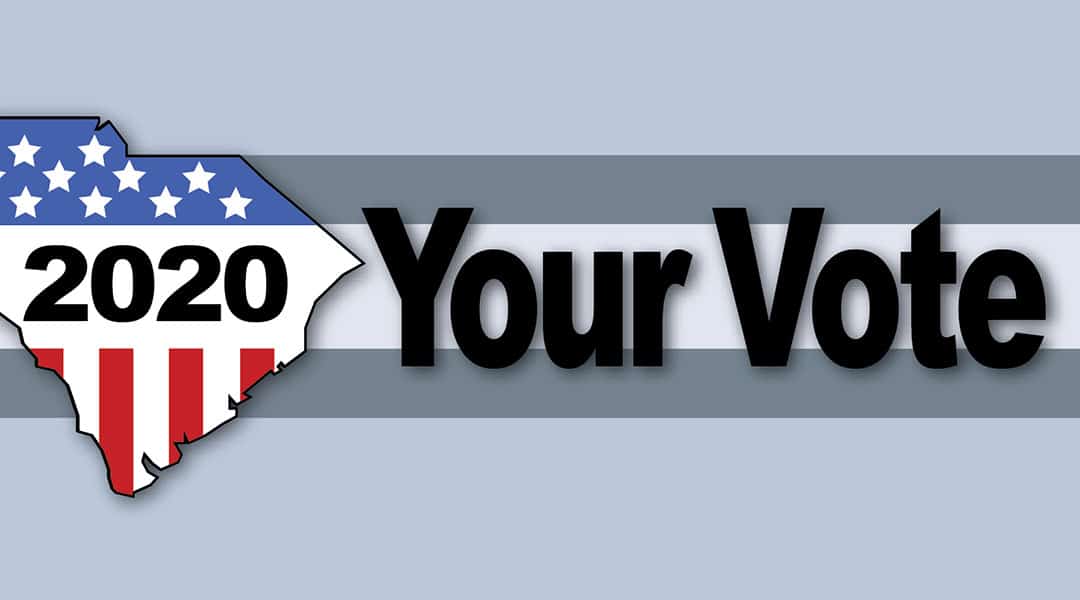Fourteen states and one territory have delayed their Democratic presidential primaries due to the coronavirus, pushing many contests closer to July’s Democratic National Convention. In some instances, that means some delegates will be elected past the Democratic National Committee’s June 9 deadline for delegates to be certified for the convention.
Louisiana, New York and Kentucky have moved their primaries past June 9, which means they normally would risk losing their delegates to the convention. However, UofSC political science professor Robert Oldendick said the committee may look toward shifting the current schedule.
“Under usual circumstances, there’d be some question of credential and concerns raised about those delegates,” Oldendick said. “Given the situation that we’re in, I think it’s extremely likely that the committee will change the calendar and allow those delegates to be seated.”
The Democratic National Convention is currently scheduled for July 13-16 in Milwaukee, Wisconsin. With November’s general election looming, Oldendick does not believe the convention will be postponed.
“They need to settle on a nominee; they need to write the platform,” Oldendick said. “As much that can be done in an online environment will get done, and then it’s up to the candidates to develop their campaigns and actually start competing in the general election.”
Currently, former Vice President Joe Biden leads Vermont Sen. Bernie Sanders with 1,217 delegates to 914. A candidate must win 1,991 delegates to secure the Democratic presidential nomination.
Biden and Sanders are looking to generate momentum without large rallies and crowded events to comply with nationwide social distancing guidelines that will last at least until the end of April. Oldendick said that candidates who normally thrive on the energy of large crowds will have to adjust their campaign strategies.
“It’s going to be very difficult,” Oldendick said. “They can certainly do YouTube videos and social media, and they’re not just going to sit there. They’re going to use the resources they have available to try to generate as much enthusiasm as possible.”
Biden and Sanders may look to June, a month Oldendick said is usually a “dead” period, to build momentum ahead of July’s convention. June 2 has become a key day in the election cycle, with 11 primaries now scheduled.
Twenty-nine primaries and caucuses have occurred so far, with 25 remaining. The next contest is Wisconsin’s April 7 primary, where Gov. Tony Evers has requested that each voter receive an absentee ballot. Voters in the following three primaries – Alaska, Wyoming and Hawaii – will now vote solely by mail. Oldendick said mail-in voting could have a negative affect on voter turnout.
“There’s not a big rally you can go no, there’s not as much interest out there,” Oldendick said. “People are so overwhelmed with their day-to-day situation dealing with the coronavirus.”





